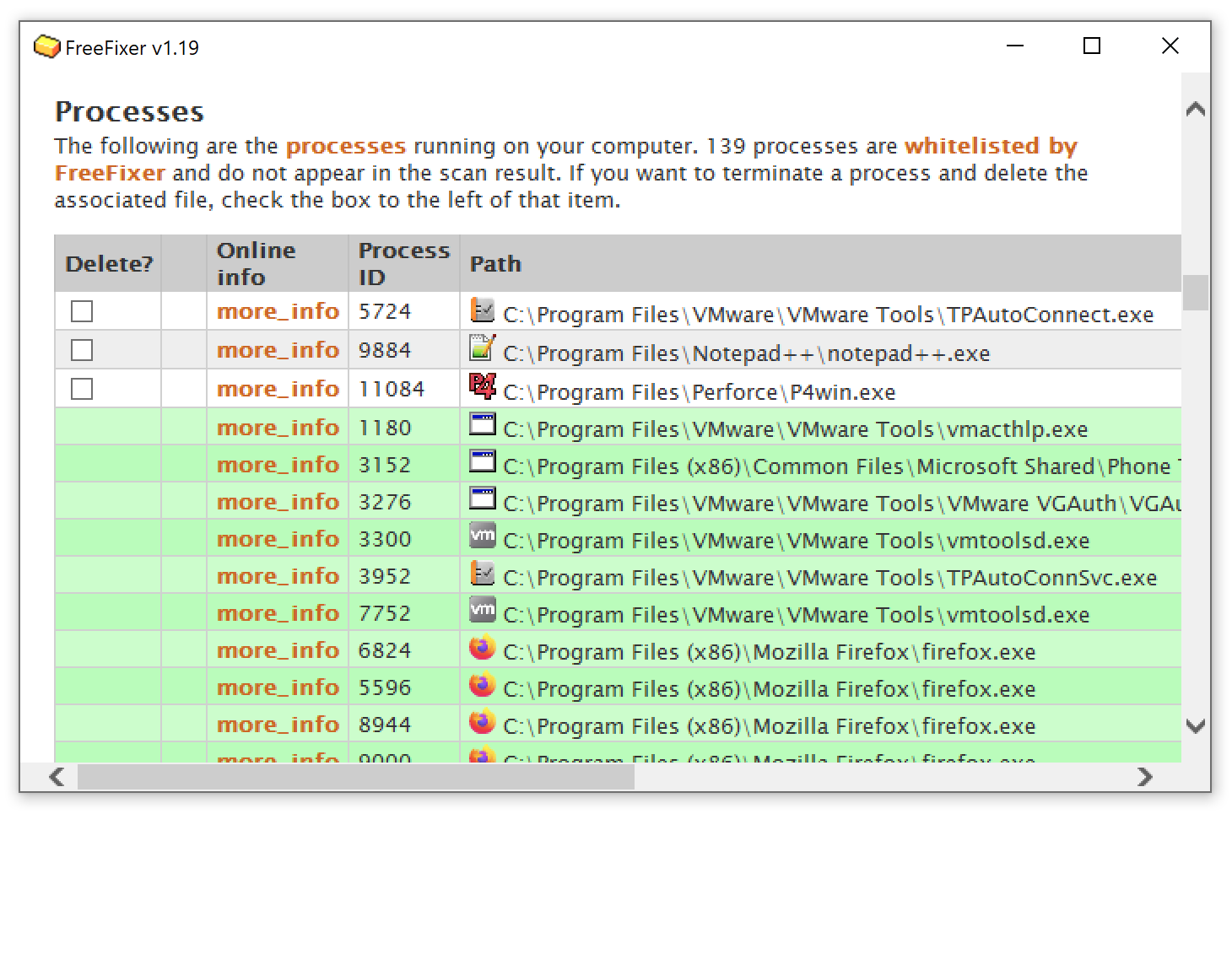What is 0x4000d-repairkit.exe?
0x4000d-repairkit.exe is part of PCRepairKit and developed by TweakBit according to the 0x4000d-repairkit.exe version information.
0x4000d-repairkit.exe's description is "PCRepairKit Setup"
0x4000d-repairkit.exe is digitally signed by Auslogics Labs Pty Ltd.
0x4000d-repairkit.exe is usually located in the 'c:\users\%USERNAME%\downloads\' folder.
Some of the anti-virus scanners at VirusTotal detected 0x4000d-repairkit.exe.
If you have additional information about the file, please share it with the FreeFixer users by posting a comment at the bottom of this page.
Vendor and version information [?]
The following is the available information on 0x4000d-repairkit.exe:
| Property | Value |
|---|---|
| Product name | PCRepairKit |
| Company name | TweakBit |
| File description | PCRepairKit Setup |
| Internal name | pc-repair-kit |
| Original filename | pcrepairkit_stub_installer.exe |
| Comments | Part of TweakBit PC Repair KitC |
| Legal copyright | Copyright © 2008-2016 Auslogics Labs Pty Ltd |
| Legal trademark | Copyright © 2008-2016 Auslogics Labs Pty Ltd |
| Product version | 1.x |
| File version | 1.7.0.3 |
Here's a screenshot of the file properties when displayed by Windows Explorer:
| Product name | PCRepairKit |
| Company name | TweakBit |
| File description | PCRepairKit Setup |
| Internal name | pc-repair-kit |
| Original filename | pcrepairkit_stub_installer.exe |
| Comments | Part of TweakBit PC Repair KitC |
| Legal copyright | Copyright © 2008-2016 Auslogics Lab.. |
| Legal trademark | Copyright © 2008-2016 Auslogics Lab.. |
| Product version | 1.x |
| File version | 1.7.0.3 |
Digital signatures [?]
0x4000d-repairkit.exe has a valid digital signature.
| Property | Value |
|---|---|
| Signer name | Auslogics Labs Pty Ltd |
| Certificate issuer name | COMODO Code Signing CA 2 |
| Certificate serial number | 3d697a20890658526ab2f4ce3926ab80 |
VirusTotal report
1 of the 56 anti-virus programs at VirusTotal detected the 0x4000d-repairkit.exe file. That's a 2% detection rate.
Hashes [?]
| Property | Value |
|---|---|
| MD5 | 3ce7fb61093dc47ebcab93f0891e0ae6 |
| SHA256 | 7a2ff7216a3440c9990d5878d4538e79097d665cb6952d57c780b33906615157 |
Error Messages
These are some of the error messages that can appear related to 0x4000d-repairkit.exe:
0x4000d-repairkit.exe has encountered a problem and needs to close. We are sorry for the inconvenience.
0x4000d-repairkit.exe - Application Error. The instruction at "0xXXXXXXXX" referenced memory at "0xXXXXXXXX". The memory could not be "read/written". Click on OK to terminate the program.
PCRepairKit Setup has stopped working.
End Program - 0x4000d-repairkit.exe. This program is not responding.
0x4000d-repairkit.exe is not a valid Win32 application.
0x4000d-repairkit.exe - Application Error. The application failed to initialize properly (0xXXXXXXXX). Click OK to terminate the application.
What will you do with the file?
To help other users, please let us know what you will do with the file:
Malware or legitimate?
If you feel that you need more information to determine if your should keep this file or remove it, please read this guide.
And now some shameless self promotion ;)
 Hi, my name is Roger Karlsson. I've been running this website since 2006. I want to let you know about the FreeFixer program. FreeFixer is a freeware tool that analyzes your system and let you manually identify unwanted programs. Once you've identified some malware files, FreeFixer is pretty good at removing them. You can download FreeFixer here. It runs on Windows 2000/XP/2003/2008/2016/2019/Vista/7/8/8.1/10. Supports both 32- and 64-bit Windows.
Hi, my name is Roger Karlsson. I've been running this website since 2006. I want to let you know about the FreeFixer program. FreeFixer is a freeware tool that analyzes your system and let you manually identify unwanted programs. Once you've identified some malware files, FreeFixer is pretty good at removing them. You can download FreeFixer here. It runs on Windows 2000/XP/2003/2008/2016/2019/Vista/7/8/8.1/10. Supports both 32- and 64-bit Windows.
If you have questions, feedback on FreeFixer or the freefixer.com website, need help analyzing FreeFixer's scan result or just want to say hello, please contact me. You can find my email address at the contact page.
Comments
Please share with the other users what you think about this file. What does this file do? Is it legitimate or something that your computer is better without? Do you know how it was installed on your system? Did you install it yourself or did it come bundled with some other software? Is it running smoothly or do you get some error message? Any information that will help to document this file is welcome. Thank you for your contributions.
I'm reading all new comments so don't hesitate to post a question about the file. If I don't have the answer perhaps another user can help you.
No comments posted yet.
